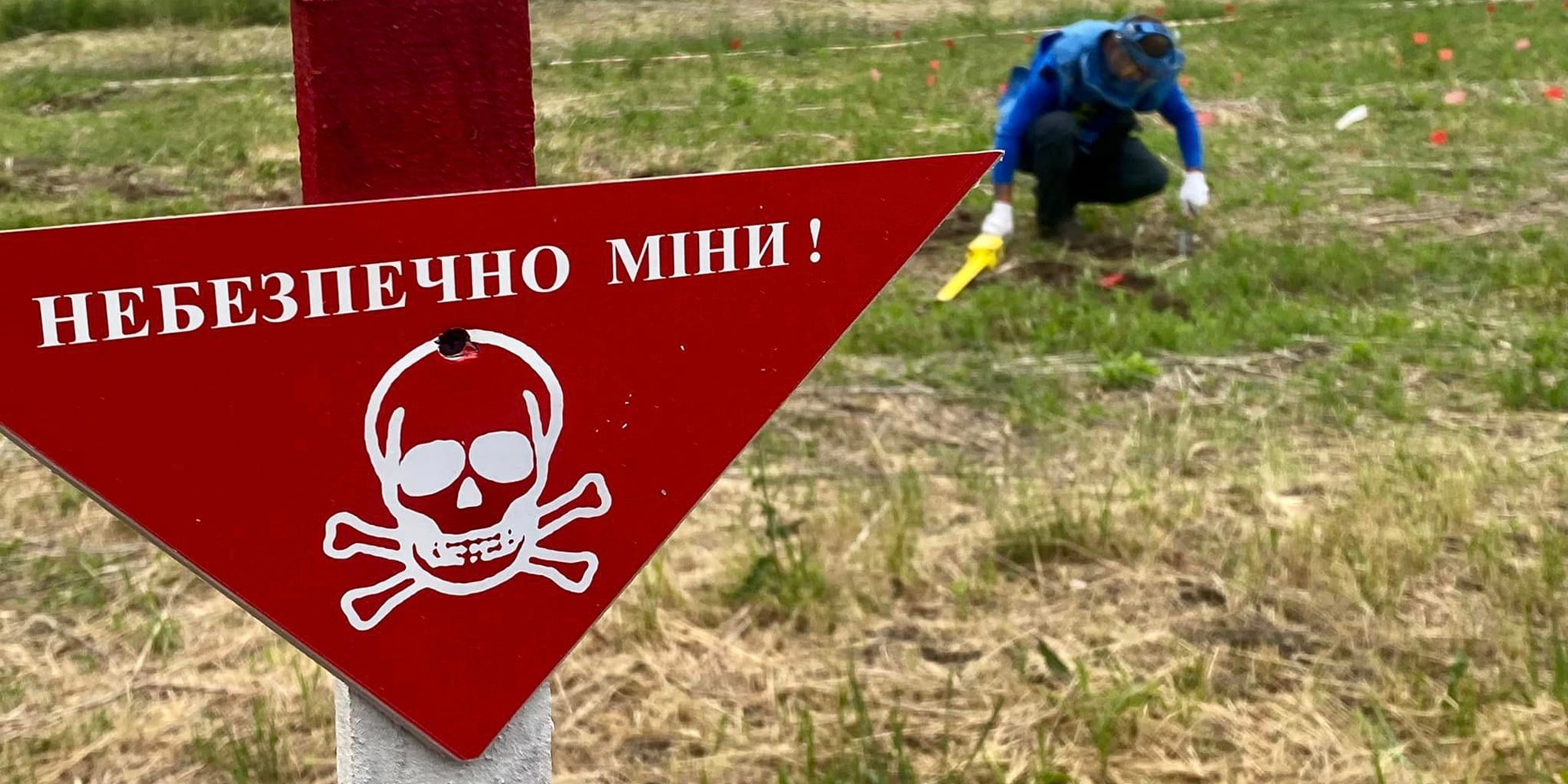Goals of mine action
Mines and other explosive ordnance, such as unexploded ordnance or other explosive remnants of war, pose a major threat to the civilian population even years after the end of hostilities. Mine action contributes to alleviating the social, economic and environmental impact of mines and other explosive ordnance, such as unexploded ordnance. On the one hand, it is directly concerned with preventing accidents and new suffering. On the other hand, it aims to enable the sustainable development of the affected communities. For this reason, in addition to the actual clearance work, it also includes Explosive Ordnance Risk Education (EORE), victim assistance, the advocacy for the ban of anti-personnel mines and cluster munitions, and the destruction of stockpiles.











